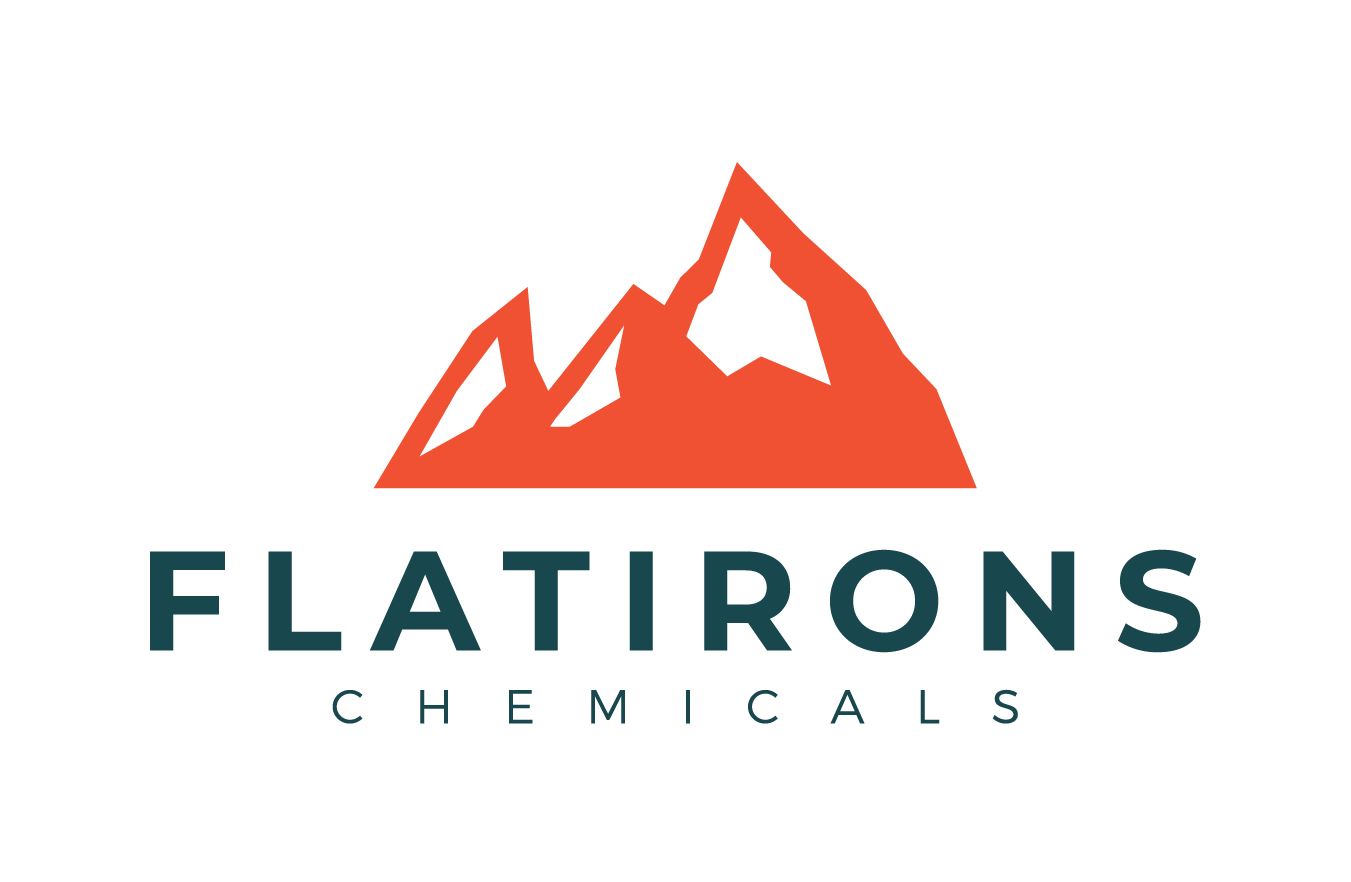Produced Water Treatment: All The Stats, Facts, and Data You’ll Ever Need to Know

When you remove oil and gas from the ground, water also emerges. This is produced water - a byproduct of almost all such extractions processes. The amounts a well may produce varies and can do so over its lifespan. The same applies to different locations.
Composition
Produced water contains various substances - the amounts varying according to the chemistry of the rocks which the water has contacted. Essentially, the composition consists of the following substances:
- Oil residues - emulsified and dissolved
- Silica/sand and/or mud
- potassium
- Sodium
- Magnesium
- Chloride
- Sulfate
- Radium and other similar naturally occurring radioactive elements
Disposal of Produced Water
Several methods are available to dispose of produced water. The 3 major methods are:
- Inject on into disposal wells
- Treat, Recycle and reuse, returning the water to the same well
- Treat and then use for specific purposes e.g irrigation
Before deciding on which method to implement, be sure to consider the various factors influencing the optimal choice. The parameters involve knowing the content of the produced water, the resources available and the current technologies on hand. If you are concerned about the best approach, talk to our experts. At Flatirons Chemicals, we are fully versed in the oilfield industry. Our teams of experienced engineers and environmental specialists will work with you to arrive at a solution that suits all the applicable criteria, including cost-effectiveness.




